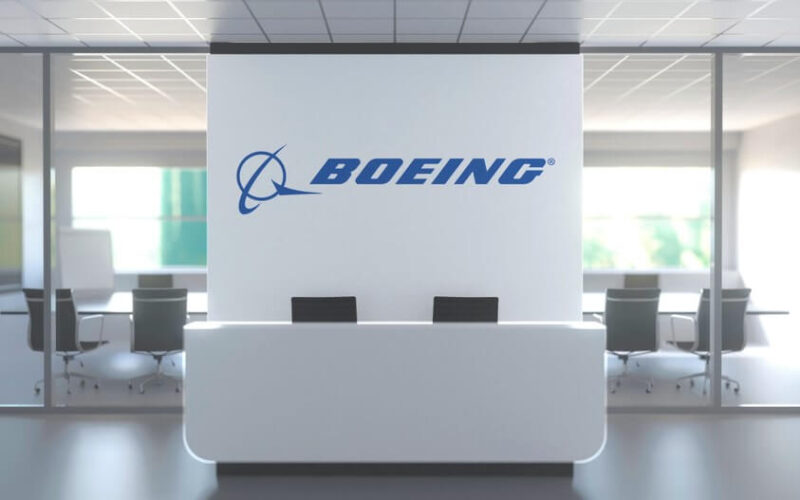Boeing has noticed significant signs of industry recovery post-pandemic and predicts that the global aviation sector should continue growing, reaching approximately a $9 trillion market for its products and services over the upcoming 10 years.
Before the pandemic in 2019, the company’s estimate was for an $8.7 trillion market, which it cut to $8.5 trillion in 2020 due to the global pandemic.
The company estimates in its latest market outlook, released on September 14, 2021, that the industry will need 19,000 new commercial aircraft by 2030. That rises to potential demand for 43,500 new airplanes over the 20 years to 2040, an increase of 500 planes over the forecast it made last year. Meanwhile, to cover such demand, the market will require as much as 621,000 flight crew, 886,000 cabin crew, and 626,000 aircraft maintenance staff.
According to Boeing’s analysis, while commercial aircraft and services are showing signs of recovery after a harsh slump, other global aviation markets, including defense, space, and government services remain stable. The company notes that recovery in the commercial market is being led by the recovery of the demand for domestic air travel. However, long-haul operations are likely to reach pre-pandemic levels only by 2023 to 2024, Boeing predicts.
Boeing also now expects a significant increase in the demand for cargo aircraft, including new and converted airplane models. It predicts that in 2040, the global fleet of cargo jets across the world will be 70% larger compared to the number of freighters before the pandemic.
“As our industry recovers and continues to adapt to meet new global needs, we remain confident in long-term growth for aerospace,” chief strategy officer Marc Allen commented in the Boeing analysis. He said Boeing was encouraged by the rapid development of vaccines and that passengers were demonstrating “strong confidence” in air travel.
A $3.2 trillion opportunity for aerospace services post-pandemic
Boeing predicts there will be a $3.2 trillion market opportunity for its services through 2030, including $1.7 trillion for commercial, business, and general aviation services as well as a $1.5 trillion market for government services.
“Our customers are preparing for growth, and we see fleet modifications and continued parts consumption going hand in hand with the global fleet expansion,” Ted Colbert, chief executive officer of Boeing Global Services, said in the statement.
The company believes that some services, for instance, training, which was put on temporary hold due to pandemic, will see “a near-term increase in demand” as aviation personnel transit to new aircraft types and look to maintain their certifications.
Similar trends are predicted for plane utilization services. Boeing believes that the demand for such activities will “continue to follow market recovery”.
As for the defense and space market, which it considers large and stable markets, the manufacturer repeated its previous predictions for a market of around $2.6 trillion for the upcoming 10 years.
“This spending projection continues to reflect the ongoing importance of military aircraft, autonomous systems, satellites, spacecraft and other products for national and international defense, with 40 percent of expenditures expected to originate outside of the United States,” Boeing predicts.

